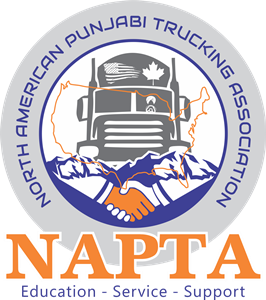|
Driver Education |
2020 Hours of Services and Logbooks: US RegulationsThis course provides an overview of part 395 of the FMCSA regulations covering the Hours of Service regulations as of September 2020. It includes how to complete a daily record of duty status under a variety of conditions. Pre-trip planning activities are addressed, as well as the regulations around electronic logging devices and hours of service exceptions. |
Business Skills for Owner Operators This course will explain the skills you need to be a successful owner operator, including how to start the business and choose a vehicle, as well as the safety and compliance requirements you must follow. Money management and minimizing your costs are also covered. After completing this course, you will be able to:
|
2021 US - Drug and Alcohol TestingWhen you are impaired, a commercial vehicle is a deadly weapon. For this reason, DOT regulations require professional drivers to register with the Drug & Alcohol Clearinghouse and submit to regular drug and alcohol testing. This course provides an overview of the regulations, the effects of drugs and alcohol, the testing process, and the Clearinghouse registration rules. |
HOS within 150 Air-miles (Federal Regulations)This course provides an overview of the federal Hours of Service Regulations and the record of duty status exemption when operating within a 150-air-mile radius of your normal work reporting location. Driver and carrier responsibilities under the exemption will be outlined, as well as how to accurately record duty information. |
Defensive Driving – Tractor-trailerEach delivery you make is essential to the economy, making getting to your destination safely and on time a top priority. This course provides strategies and techniques for pre-trip preparation, backing, parking, and driving under a variety of conditions so you can reduce the risk of collisions or breakdowns. |
Vehicle InspectionsNot surprisingly, the trucking industry's prime directive is safety. One collision can mean the loss of thousands or even millions of dollars, as well as the possibility of injury or death. One of the ways that you can stay safe on the road is to do regular vehicle inspections. |
2021 US – Drug and Alcohol: Reasonable SuspicionAs a supervisor, safety is your highest priority, and you have a responsibility to make sure that your employees can carry out their duties without putting themselves, their co-workers, and the general public at risk. This course will help you identify unsafe behavior that may be due to drugs or alcohol, as well as how to document that behavior and manage the reasonable suspicion testing process. |
